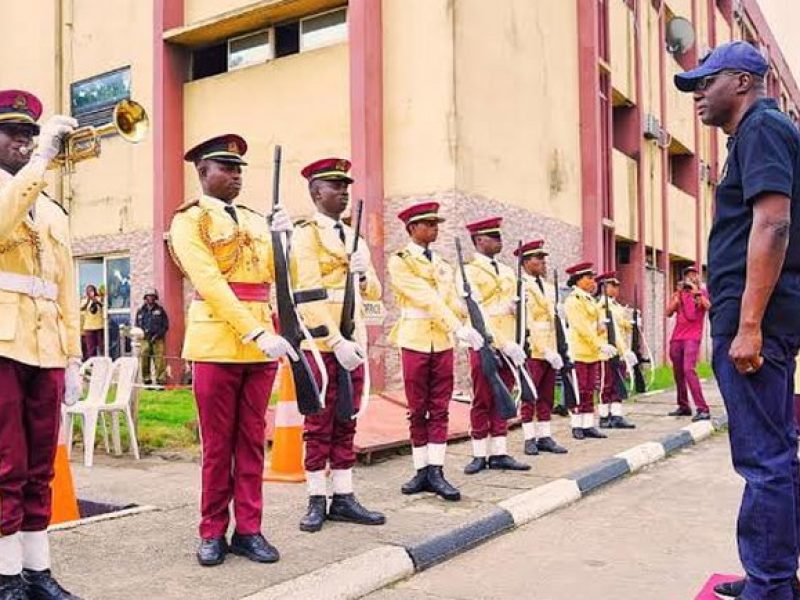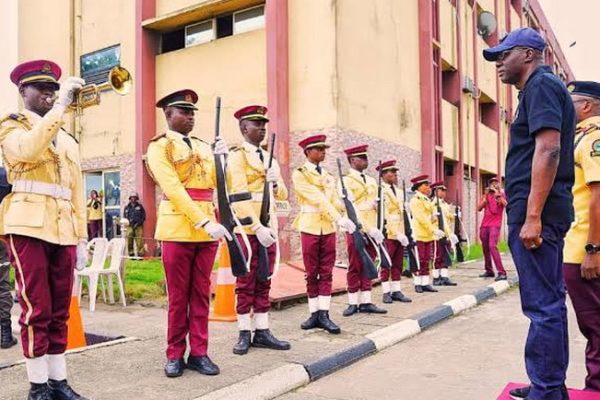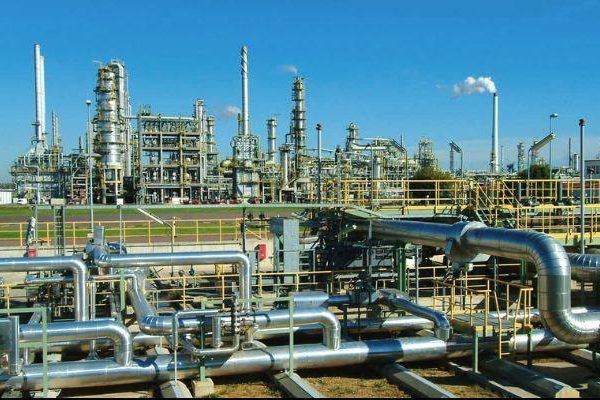Lagos state government has revealed that residents waste an average of four hours each day to traffic jams, costing the economy an eye-watering N2 trillion every year. The figures were shared by Sola Giwa, Special Adviser on Transportation, during a recent TVC News appearance.
🚦 The Hidden Cost of Gridlock
Giwa highlighted that the economic loss stems largely from lost productivity and inefficient logistics, particularly on busy freight corridors like Lekki–Epe. Unregulated parking, disorderly loading and unloading of tankers, and uncoordinated truck movements alongside everyday commuter traffic are the main culprits.
💡 State’s Response: E‑Call‑Up System
To tackle this, Lagos has rolled out an Electronic Call-Up (E‑Call‑Up) system targeted at articulated vehicles along the Lekki–Epe corridor. From June 16, truck drivers must pre-register and schedule their entry into Lagos, upload Authority to Load (ATL) documentation, and pre-book parking slots through the digital platform.
Seven dedicated truck parks, equipped with restrooms, kitchens, and electricity, will support the coordination efforts—further aiming to unclog major roads.
⛽ Fuel Burn and Daily Losses
The impact of Lagos gridlock extends beyond productivity. Motorists burn an extra N20 billion monthly in fuel while idling in traffic, according to the Safety Beyond Borders advocacy group. This amounts to roughly N850 million weekly in unnecessary fuel consumption, adding another layer to the staggering financial burden.
📌 Daily Toll on Commuters
An economist featured in Daily Trust estimates that Lagosians lose around N900 million per day due to traffic, summing up to roughly N40 billion monthly. The ripple effects include delayed commuters, missed business opportunities, inflated transport costs, and even increased personal and public stress.
🛣️ Potential Solutions
Experts advocate for a multimodal and data-driven transport overhaul. Suggestions include expanding rail and water transport, constructing alternative routes, implementing zone-based traffic management, and enforcing anti-congestion measures through agencies like LASTMA and Traffic Radio.
Lagos already operates a Blue Line metro, which has significantly reduced travel time between Marina and Mile 2. Many see this as a glimpse of what broader investment in rail and public transit can achieve.
📝 Bottom Line
Lagos’s N4 trillion annual loss isn’t just a figure—it’s a wake-up call. Congestion not only wastes time but bleeds the economy and strains households. The E‑Call‑Up initiative is promising, but real change will require coordinated investment, enforcement, and smarter infrastructure.
Voice of Lagos wants your view:
🗣️ Have you been personally affected by Lagos traffic costs? What solutions matter most to you? Comment below!











